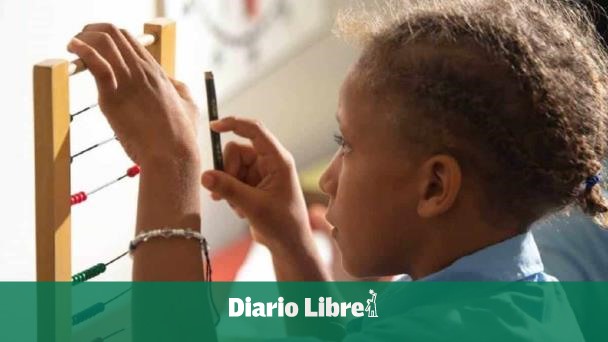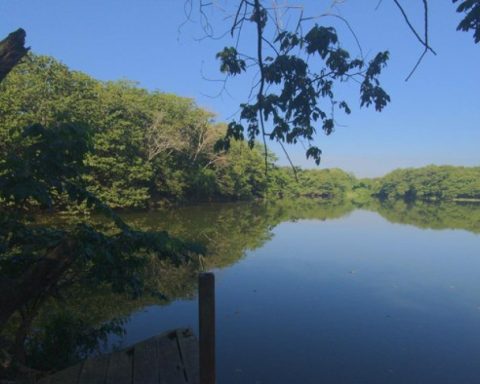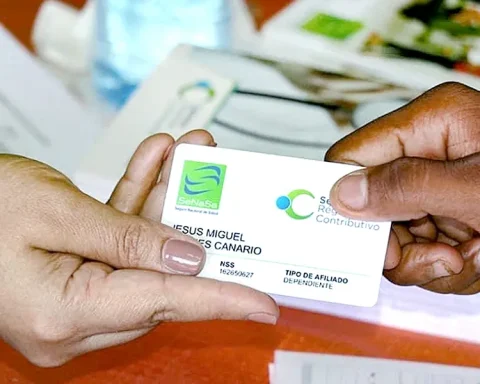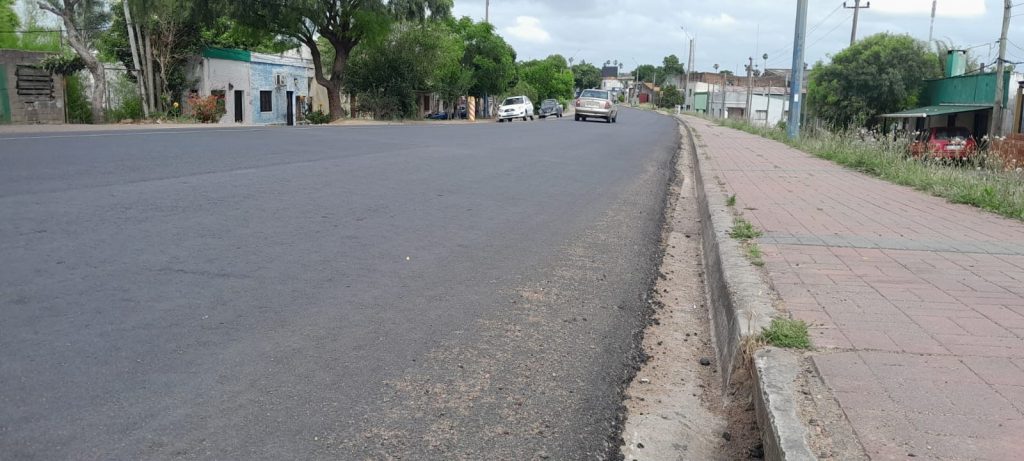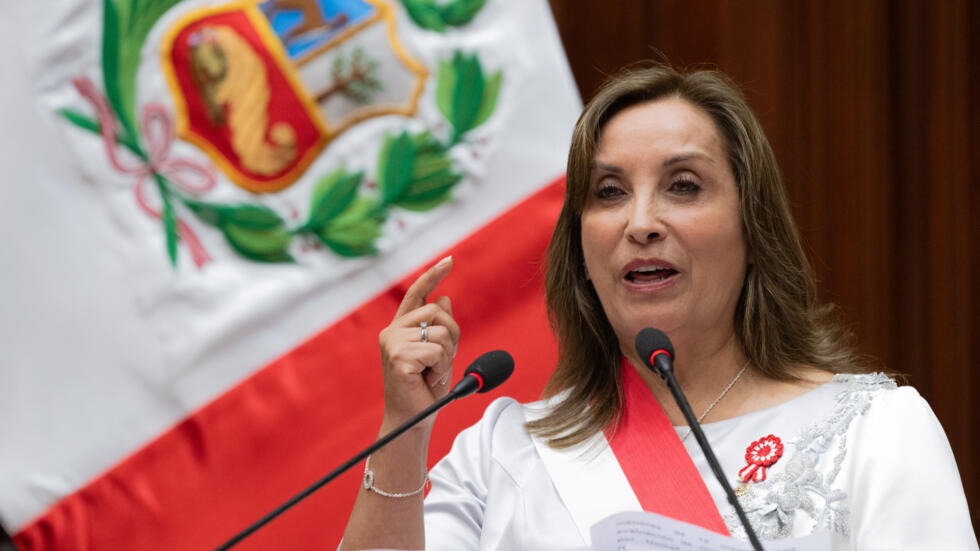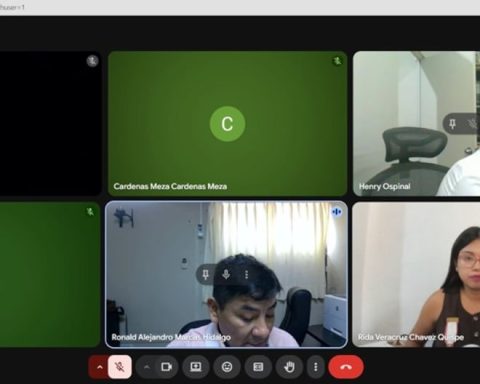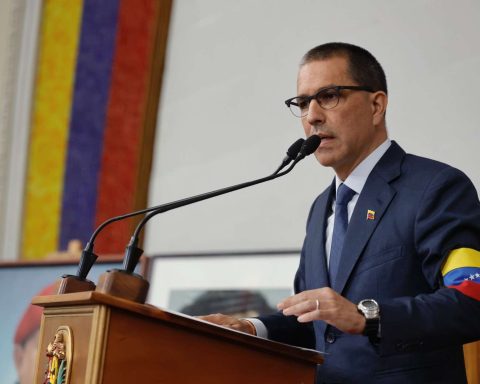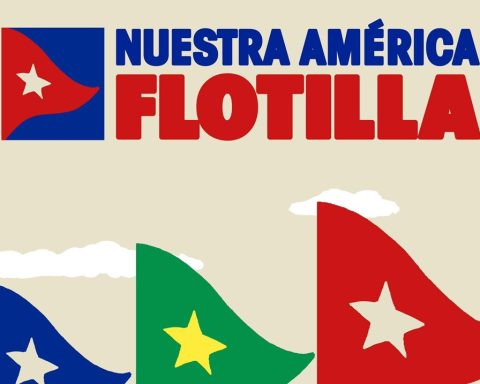Of a student population of 2.6 million students, more than 44,000 are in educational centers where the education model is taught. jesuit educationa pedagogy developed by the Society of Jesus, with which they seek to provide a comprehensive education, prioritizing the teaching of values.
The Society of Jesus, a religious order of Catholicism, prioritizes teaching students to “be people,” cultivating both human and intellectual formation. In the country, this mission is carried out through various educational centers and programs that cover all levels of education.
Currently, 62 schools Public schools in 15 provinces are co-managed between the State and the Fe y Alegría Foundation, a non-profit organization linked to the Jesuits, with an enrollment of 34,623 students.
Likewise, there is the Loyola Polytechnic Institute (IPL) and the Loyola Specialized Institute of Higher Studies – dependence on the IPL – both located in San Cristóbal, with an approximate of 8,000 students in the two centers. Also, at the level of education higher is the Pedro Francisco Bonó Higher Institute.
In Dajabón, the San Ignacio de Loyola Technological Institute (Itesi) houses more than 1,000 enrolled students. On the other hand, Loyola School, the only private center managed by the Jesuits, is located in Santo Domingo and has 780 students; Among its graduates is the current president, Luis Abinader.
José Rafael Núñez Mármol “Chepe“, rector of Itesil, considers it essential that the students develop an attitude of learning constant to face changes, social and technological challenges, establishing that these are the objectives they pursue through the education Jesuit.
“Times change too quickly, if they do not have an attitude of learning They are going to become obsolete,” he said.
For his part, Father José Altagracia Victoriano Reyes, coordinator of the Jesuit Educational Network and rector of the IPL, indicates the mission of the education Ignatian, -receives that name in honor of Saint Ignatius Loyola- is to form “men and women for others“, promoting a vision of the world oriented towards servicesolidarity and the construction of a better society.
Victoriano mentions that the foundations of this education are the consciousness, competence, compassion and commitment. The first of these pillars, conscience, proposes recognizing life as a gift, so they use their freedom responsibly, always respecting the dignity of others.
The competenceOn the other hand, it consists of training solid professionals who acquire reliable and quality technical skills. While with the compassion refers to people’s sensitivity towards others, promoting love of neighbor and avoiding selfishness.
He commitment focuses on contributing to the resolution of community problems and human and social development.
“We want people committed to life and humanity, committed to solving the problems that afflict communities, because if not, you would have a person who would make you look like a weakling.” service to society,” he said.
Curriculum and management
Father Victoriano indicated that the IPL, like other schools Jesuits, have an alliance with the state that guarantees the financingwhile the Company of Jesus manages the addresseducational planning and administration. Also considering it a hybrid public-private model, with additional support from private institutions.
He reported that, although the teachers must be appointed by the Ministry of Education (Minerd), are also trained and evaluated by the Company of Jesus. However, belonging to the religious order is not a requirement.
Likewise, the director of Fe y AlegríaJosé Ramón López, establishes that his schools are governed by the Dominican educational system, following the curriculum provided by Minerd, “but with a series of characteristics and programs that help us give a plus to education.” education“.
“The Jesuits have always insisted that the education must be science and virtue. The science It has to do with the teaching that is given, but the virtue has to do with the valuesaspects that are fundamental for the formation of an individual,” he said.
History
The Company of Jesus It emerged in 1540 in Rome, approved by Pope Paul III and founded by Loyola, a soldier and priest of Spanish origin whose objective was to help people have a spiritual life and find God, and also intended to contribute to the world through education.
The Jesuits found in the schools a way to reach the population and educate them in values and faith, this is how they began their mission by founding teaching centers that expanded throughout the world. In that mission of evangelization and formation he arrived on the island of Hispaniola.
More than 100 years after the founding of the order they arrived in the country, in 1650. At that time the Dominican Republic was a Spanish colonial and was in a context of economic and social crisis, with a very small population. The Jesuits tried to win over the people, through teaching trades, catechesis, and assistance to the sick.
They remained on the island for a long time with the intention of founding a school, however, the lack of support from the Spanish crown and some bureaucratic processes delayed the process for several years, according to the document “The Company of Jesus in Santo Domingo during the Hispanic period”.
The first Jesuit educational center in the country was created in 1701 called Santo Domingo Schoollocated in what is today known as the House of the Jesuits. This operated until 1767, due to the expulsion of the Jesuits.
However, the story of his visit to the island has other versions. Some place their arrival in the country as early as 1533, and even establish that the first educational center created by them was the Gorjón School, founded in 1540 in the place that today houses the Cultural Center of Spain in the colonial zone.
However, other texts establish that the Gorjón school was created by a Spanish businessman who lived in Santo Domingo, named Hernando Gorjón. This educational center became a university years later with the support of the Jesuits, which is why they are linked to them, and was later closed when the Jesuits were exiled. Company of Jesus worldwide.
The dissolution of the Jesuits occurred in 1767, in the country and in the rest of the world, this by orders of the then King of Spain Carlos III, due to the political and social influence that this order had that represented a risk for some absolute monarchies. .
The order of dissolution was revived in 1814 by orders of Pope Pius VII, but it was not until 1936 that they returned to the Dominican Republic to continue their educational mission. In 1946, they founded in San Ignacio de Loyola Technological Institute (Itesil), which began as an agricultural school managed by the Jesuits.
In its first stage it offered only education focused on crops and work related to the agriculturebut years later it continued to expand its offering, currently offering a technical baccalaureate with nine majors.
The next educational center created by the order was the Loyola Polytechnic Institutein 1952, proposed by the Jesuit fathers Luis González Posada and Ángel Arias, who suggested to the government of the time to create a technical and agricultural city where people could access basic, secondary and technical careers.
It was approved by the National Congress in that year, through a law, and since then it has evolved to become a polytechnic, managing to offer, to date, 11 technical careers in high school, six higher technical degrees, four engineering degrees and more than 100 training programs. education continued.
